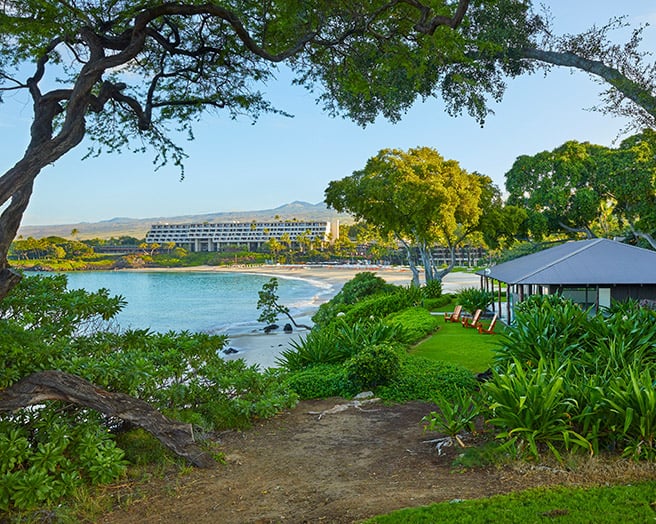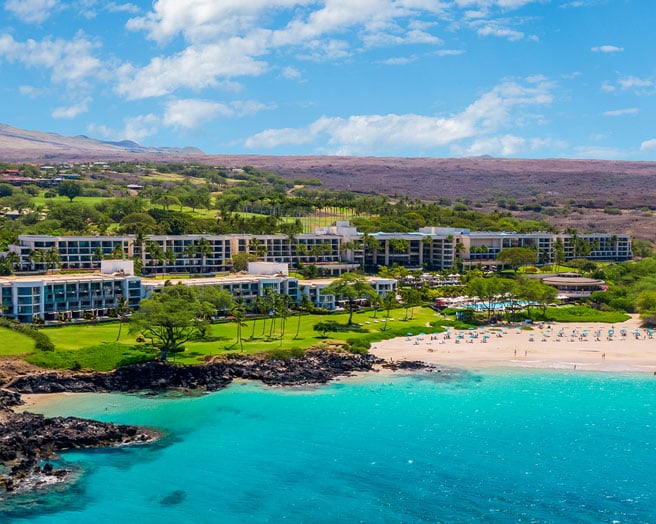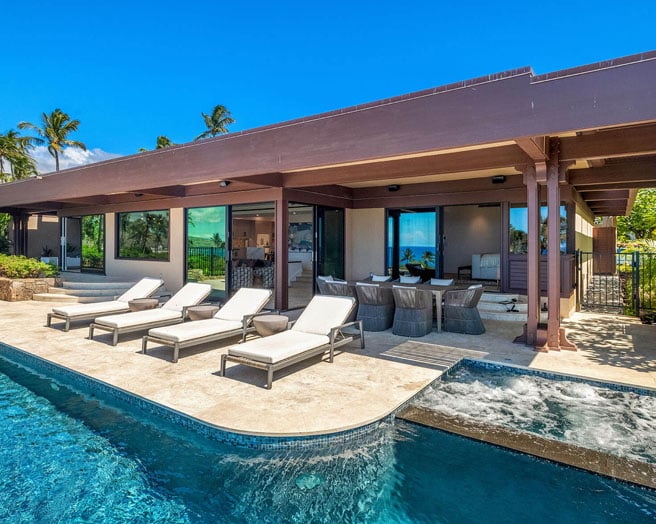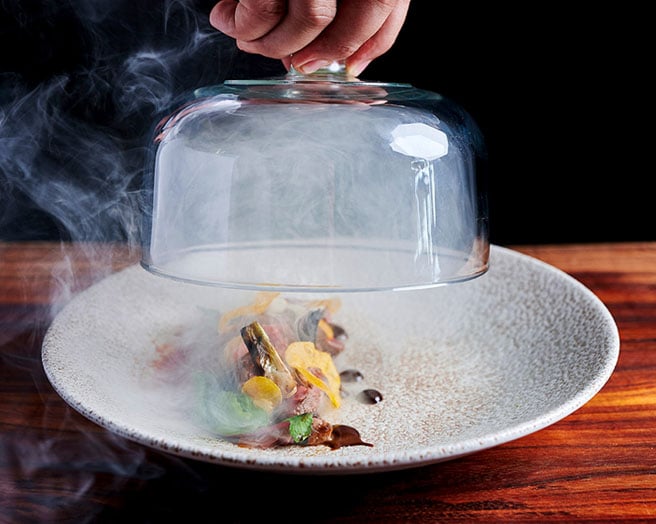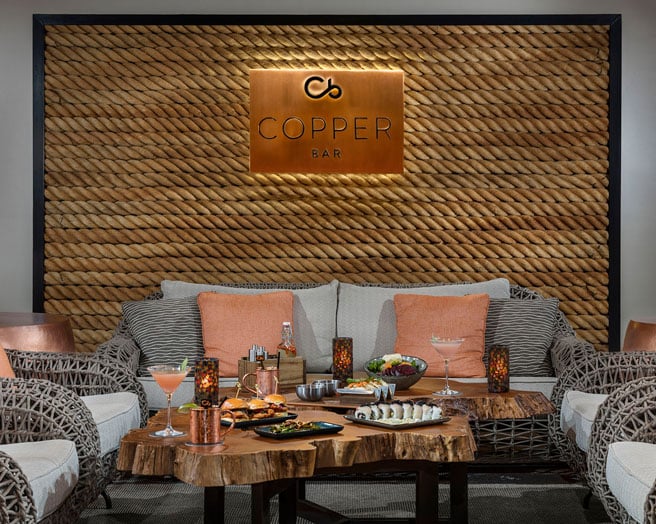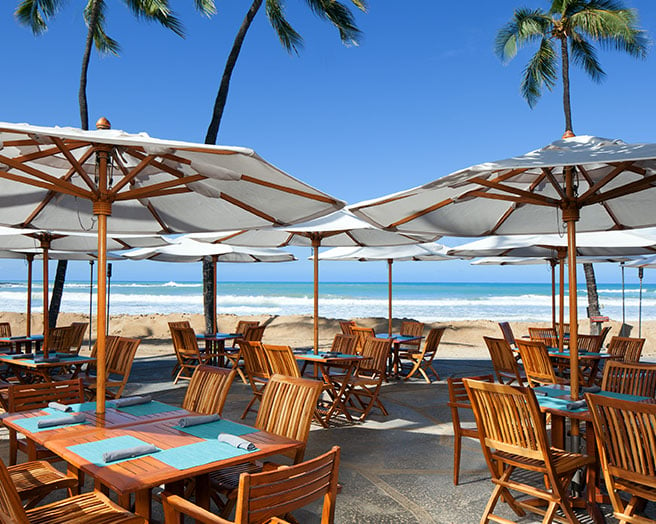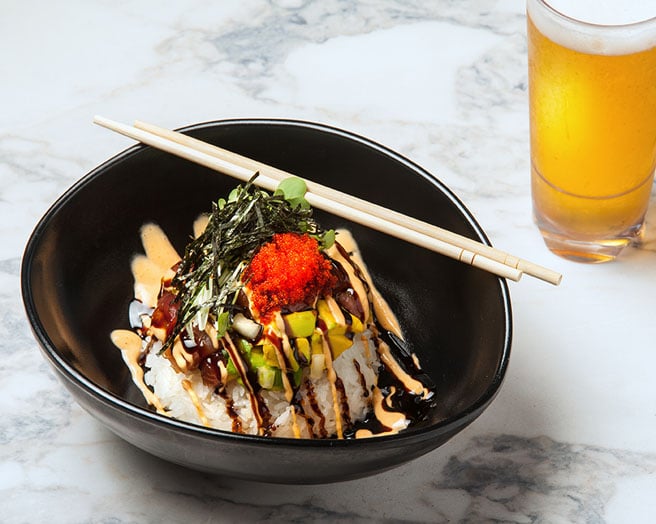Healing Heroes
By Sara Stover
With tropical breezes, sun-kissed beaches, lush forest trails, ocean waves and a mild climate year-round, Hawai‘i should be the ideal place for a healthy, outdoor lifestyle. For the disabled military veterans who call the state of Hawai‘i home, however, living on the most isolated populated landmass on the planet means the therapy they need for improved health is too often inaccessible.
After years of paying service to the United States, military members are thrust into the role of “veteran.” A lack of clarity on their new identity combined with all too common combat-related injuries can make therapy a necessity for these veterans. However, to access the therapeutic programs that could benefit them the most, a veteran’s only option may be to travel to another state, which isn’t always possible. As a result, Hawai‘i’s military vets are significantly underserved when it comes to imperative therapy. Fortunately, one non-profit is bringing the programming to them.
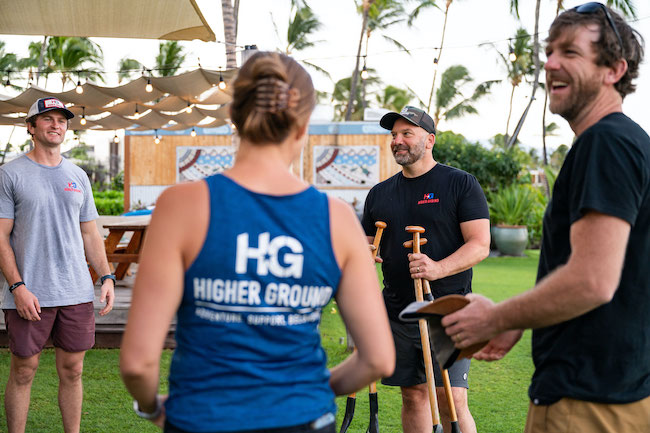
“Higher Ground is committed to enhancing the quality of life for children and adults with cognitive, developmental or physical disabilities through therapeutic recreation and education,” says Higher Ground’s chief operating officer, Brian J. Von Herbulis, or Von. “Therapeutic recreation, also known as recreational therapy, is a systematic process using recreation and other activity-based interventions to improve the physical and mental health of individuals with illnesses and disabling conditions.”
Based in Ketchum, Idaho, near Sun Valley, Higher Ground started in 2005 as a small non-profit providing therapeutic recreation focused on skiing. Since then, Higher Ground has created several adaptive sports programs, emphasizing everything from snowsports and paralympic youth camps to day camps for deaf or blind students, adaptive cyclists and more. Programs take place nationally and combine outdoor recreation activities with therapeutic processes to help participants confront current struggles, experience inclusivity, improve self-efficacy and develop the skills to succeed despite their disabilities.
While the improved quality of life for adults and children with disabilities through Higher Ground’s recreation and wellness programming has been undeniable, a particular population’s needs were still going unmet until recently. Of the 21 million veterans who live in the United States, one in three suffers from anxiety, depression, post-traumatic stress disorder (PTSD) or other invisible mental health injuries.
“People were coming home from serving with combat-related injuries and issues,” says Von, who faced combat-related stresses after retiring from the Marine Corp. in 2014. “I was harboring too much angst. I knew I needed an outlet — a positive means to release that energy. So, I utilized recreation to deal with my combat-related stresses. Specifically, I hiked big mountains and used that to find space to re-calibrate. Then, I started taking military colleagues with me. Independent of formal programming, we immersed ourselves in the healing power of nature.”
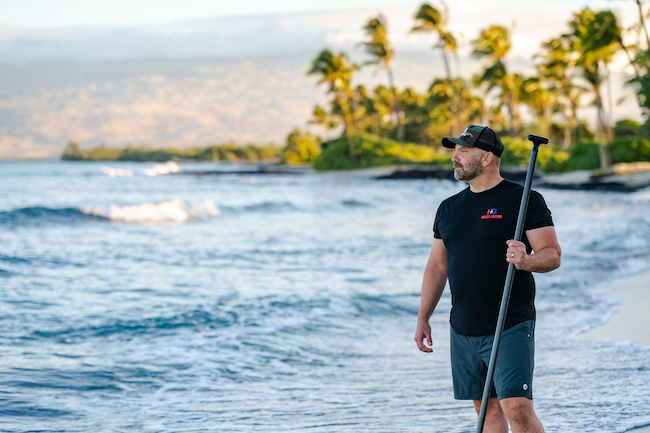
In 2021, Higher Ground’s director contacted Von about a collaboration, eventually leading to his work in an operations capacity. Leveraging therapeutic recreation as the baseline, Higher Ground set out to offer vets the empowerment and independence needed to lead more fulfilling, purposeful lives.
“Whether winter skiing in Sun Valley or surfing in the Pacific Ocean, recreational therapy is much more than organized fun. It’s about helping vets overcome unseen barriers to participating in everyday activities,” says Von, explaining that there are various barriers that can negatively impact mental health recovery, including social isolation. “When individuals are suffering from a mental illness or physical injury, they may go into social isolation if they are challenged by anxiety or depression. In Hawai‘i, that’s combined with geographic isolation, making therapeutic programming hard to access. Vets here need help minimizing the social isolation they experience through recreational therapy.”
Intending to mitigate barriers using therapeutic recreation programs, which can include the physical and socially inclusive elements of engaging in sport, Higher Ground applied its core principles to helping veterans across the country suffering from PTSD, traumatic brain injury (TBI), military sexual trauma (MST), polytrauma and mental health challenges.
Since veterans with physical disabilities have less access to recreational opportunities and a more challenging time finding equipment that will work for them, they may assume they can’t hike to waterfalls, mountain bike, surf, paddleboard or enjoy other activities that unique locations like Hawai‘i Island have to offer. Through Higher Ground’s programs, they learn that they can participate in these activities through adaptive sports, which have been modified for those with cognitive or physical impairments.
“This program changed my life. It allowed us to see we can do anything,” says Navy veteran Cynthia Lincoln of Higher Ground’s week-long program model, which serves around 280 veterans of all ages annually. Higher Ground runs 27-week-long programs in Oregon, California, Idaho, Montana, Wyoming, Utah, Texas, Missouri, Pennsylvania, New York, New Hampshire and Alaska. The non-profit will launch its first therapeutic recreation program on Hawai‘i Island in May of 2025 with assistance from Veterans Affairs on O‘ahu.
“There are 96,000 military veterans in Hawai‘i. They represent an entire 9% of the state’s population,” says Von, pointing out that the Census Bureau’s 2022 American Community Survey reported 31.7% of Hawai‘i veterans were living with a disability. “The six-day program on Hawai‘i Island will provide veterans living with visible and invisible disabilities and their partners or supporters access to recreational therapy, often for the first time in their lives. No other program invites the spouse or other supporter to be part of the journey.”
“Life changing! Soul filling! And EPIC! This type of program was completely unattainable for me and my family because of our current financial situation,” adds Jamie Mohler, the spouse of a veteran who participated in the program. “Being a full-time caretaker can be very overwhelming and isolating. Being with other caretakers or spouses has shown me I’m not alone in this, and there are people who want to help and understand me. My head is filled with memories that will last a lifetime, and my heart is full of the love and support I received.”
Through Higher Ground’s partnerships with different outfitters, program participants can tap into the healing power of nature right here on Hawai‘i Island. Many of the program’s nature-based activities will offer positive challenges for veterans, instilling in them a sense of purpose, self-determination, accomplishment and renewed identity.
“I was struck by Hawai‘i Island’s expansive natural beauty, serenity and culture. The people of Hawai‘i are kind and generous, and there’s a general sense of calm on the island,” Von shares of the first time he visited the 4,028-square-mile island. “From oceans, mountains and parks to farms, forests and ranches, the topography is diverse enough for various recreational activities that we can use to help Hawai‘i’s vets heal and build confidence by learning a new skill and succeeding at it.”
The Hawai‘i program will be based on Higher Ground’s existing programming model, which uses mindfulness exercises followed by recreation and a discussion about the day's theme.
“The military gives people an identity and a sense of community,” Von explains. “Throughout the week, we’ll use recreation as the vehicle to create a new tribe of community and discuss other things in life that give us purpose. We’ll also talk about how it takes a lot of courage even to do the program, as well as accepting ourselves as we are.”
On the final day, Higher Ground participants will write an action plan to take what they’ve learned and implement that into their lives back home. And the momentum of transformation doesn’t end when the program does. After programming, veterans can become crew ambassadors in their local area through Community Resiliency Units (CRU), which meet for day or multi-day events promoting connection, well-being and community. Higher Ground also provides ongoing support by following up with participants for the three years after their program, connecting them with the resources to stay involved in recreation.
“Our Resiliency Unit events are currently managed by 32 ambassadors. I look at them and realize they took something positive away from the program. Now they want to lead! It’s a testament to the program’s effectiveness,” Von says. According to research studies on Higher Ground, its veteran program participants had a statistically significant decrease in PTSD symptoms after one week at its therapeutic recreation program. Programs were also shown to substantially decrease negative mood disturbances, contributing to increased quality of life over time.
“A decrease in negative coping mechanisms, an increase in feelings of independence, a sense of community, improved physical and mental health and an improved outlook on life. These are the positive health outcomes that recreational therapy provides,” says Von. “By pairing recreational therapy with the power of nature that’s so evident in Hawai‘i, vets here can experience whole-life healing.”
To inquire about donating, volunteering or participating, visit HigherGroundUSA.org.
